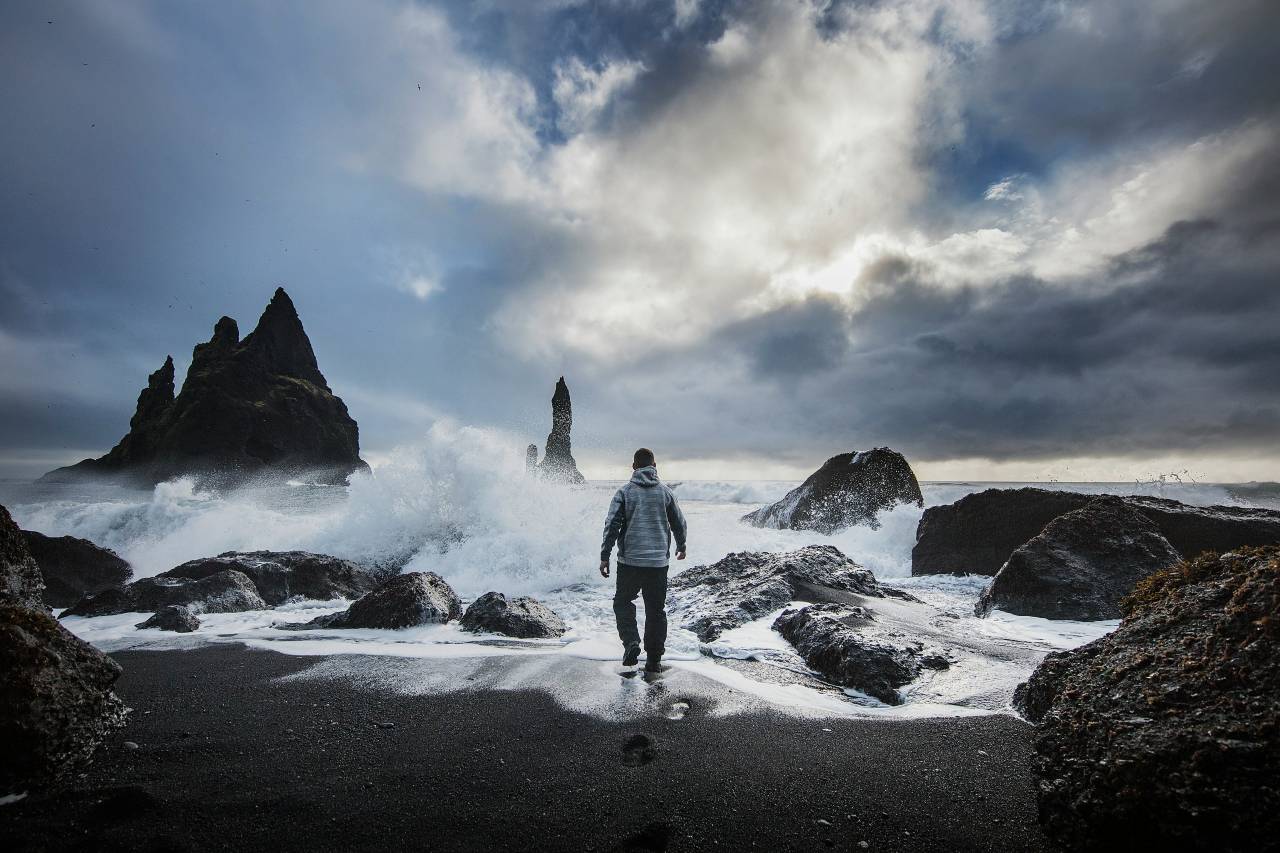This Week: Proper 7B
Gospel: Mark 4:35-41
This is the impulse characterized in this week’s gospel reading. I know most of us can relate.
We’re all going to die!
And it doesn’t come as an existential punch about something far in the future. It is about the moment we’re in when we feel totally overwhelmed. And this response is the only one that makes sense. We think death is imminent and inevitable.
But this isn’t the only feeling we relate to. It is the diss on Jesus—calling him out for his lack of anxiety here. How dare you not care!
It is way of saying “Can’t you see what I see? What is so obvious and real. The storm is raging and you are sleeping. Don’t you care at all?”
This, of course, is the quintessential subtext problem most famously encountered in couples. The kind that comes off as “How dare you not read my mind.” This time, it is offered with a stinging rebuke of Jesus, not a spouse.
I genuinely wonder how many people relate to this. I assume it is pretty universal. The real question is if we relate to this more than the calmness of Jesus. Is it easier for us to walk in the shoes of the disciples who misread the situation than it is to see it as Jesus does?
The Calmness of Jesus
Perhaps it is our rushed and dissatisfied culture, where nothing is good enough and everything is to be evaluated that makes us more likely to bond with frightened disciples against this obviously chill Jesus.
Jesus isn’t worried. He’s sleeping. Their anger at him is obviously unjustified. And it reveals the deeper truth: the disciples’ anxiety is the problem, not the storm.
As much as we might sympathize with the fear, it is ultimately the opposite state from what Jesus demonstrates in the story.
There are obvious images in popular culture to draw on for reflecting on Jesus’s disposition. One is of the jovial monk, who is far more relaxed than the people around them. Often making jokes or reflecting a lackadaisical approach to situation.
The other image is of the Jedi in Star Wars. Jedi are known for their detachment and calmness in the midst of conflict. Precisely by eschewing the fear that causes people to be more reactive. Not just emotional as if emotions are bad, but minimizing the impact of the emotions that lead to a reactive response.
Perhaps the important principle is that we may tend to normalize the disciples’ extreme response to the situation. And therefor judge Jesus along their lines, rather than along his lines.
The Sabbath Conviction
A few weeks ago, we talked about the centrality of Sabbath. And this seems to be notable in light of Jesus resting in the boat. In light of the chaos the disciples are experiencing. And perhaps in light of their imposed anxiety on Jesus and each other.
In the Sabbath, we find a conviction that rest is freedom. That we aren’t merely required ot rest once in a while, but embody habitual rest and offer it to others.
Jesus is trying to not just model Sabbath rest, but invite the disciples to share in it. And it is they who resist it, reject it in Jesus, and willfully amp up the possibility that Sabbath itself will kill them.
Are we not the generation that treats boredom like the enemy? Long before the smart phone, we were treating life like sharks. That if we stop swimming, we’ll stop breathing. Better to keep moving. No time for sleep. Got to keep at it. Jesus, asleep, the manifestation of our own death.
Or is his way the way of new life? Freedom? So then what becomes of our reactivity?
